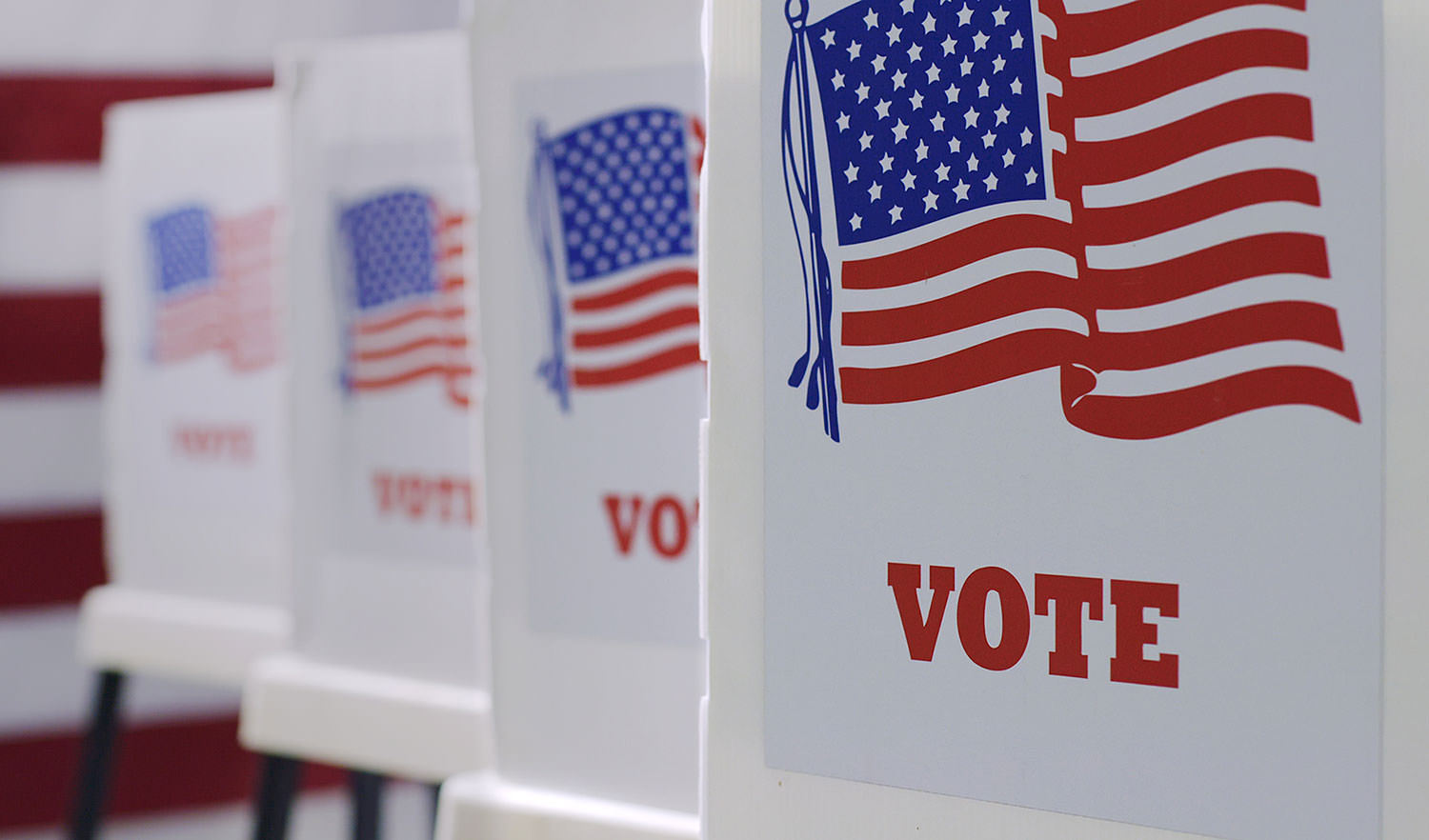Among people who care about protecting and improving American democracy, there is deep concern about the low rates of electoral participation in the United States. As the world’s oldest democracy, turnout rates in the United States are pitiful. In the 2020 Presidential election, democracy advocates celebrated the record-breaking turnout of 169 million people, or 66% of eligible voters. In the 2018 midterms, 118 million people voted, also a ‘record’ turnout of 50%. (In 2022, turnout dropped to 112 million, or 46%.) When 50% of our population votes, it’s time for a celebration. Really? On voter turnout, by consensus an essential measure of democracy, the US lags far behind our allies and peers.
It doesn’t have to be this way. Across the world, 26 democratic countries use universal voting– in which voting is defined as a required civic duty as well as a fundamental right. Belgium was the first country to adopt universal voting, in 1892. Australia adopted the practice nationally in 1924, after several states pioneered it beforehand. Almost all of Latin America currently uses universal voting, with Chile having recently (re)adopted it in December of 2022.
To take Australia as a case in point, over the last 100 years, participation in elections has hovered around 90% in every election; how the heck do they do that? 96% of Australians are registered to vote, and this is not by happenstance. Australia has a strong national Australian Electoral Commission (AEC). It is well-funded, nonpartisan, and extremely effective.
In addition to ‘enrolling’ almost everyone, a multi-faceted public education effort takes place, led by the AEC with a myriad of partners, every election season. There are multiple ways to vote, early and online. And when election day—always on a Saturday—rolls around, voters know exactly where their nearest voting location is, and the AEC ensures adequate and equal access to the ballot box for everyone.
All voters are required—by law—to participate. You don’t have to vote for any candidate; blank or spoiled ballots, called ‘donkey ballots’, are allowed. But you do have to show up, whether in person or by mail.
And what if you don’t? The AEC sends a letter (or two) asking why, and any response is accepted. If you ignore the letters, you are fined 20 Australian dollars, currently about $14 US. This is light touch enforcement, less than a parking ticket. And it is completely accepted as part of the culture.
The advantages of the system are so apparent, and the system so popular, that Australians and others are dumbfounded that the United States doesn’t do this.
If our states or municipalities adopted universal voting, voter turnout would increase dramatically and immediately. And, the actual voting electorate would be far more reflective of the population as a whole. Over time, our institutions would adapt to the new expectation of full participation. For example, if I were a school superintendent, and all high school graduates were required to vote, would I make sure that civic education was a key part of our curriculum? I think I would.
And campaigns would change for the better. If everyone is going to vote, candidates and parties have to talk to everyone, as opposed to just ginning up their own base and, worse, working to depress the other team’s voters. Persuasion aimed at everyone would replace frenetic get-out-the-vote campaigns.
The prospect of Universal Voting has not been a part of the American political conversation in the modern era, but it once was. A new Harvard Law Review piece documents the robust debate held in state legislatures and state constitutional conventions during the Progressive Era. Reformers fought for direct election of Senators, women’s suffrage, the secret (‘Australian’) ballot– and more. In states as diverse as Connecticut, Indiana, Maryland, Massachusetts, Missouri, Nebraska, New York, Ohio and Rhode Island, these debates included a push toward making voting a required civic duty.
It is time to have this conversation anew, and in fact, it is beginning to happen. Last year, bills for universal voting were introduced in Washington, Connecticut, and Utah. Public hearings in Washington and Connecticut generated discussion and debate—an important step in elevating the issue. At the federal level, Congressman John Larson (D-CT) introduced the Civic Duty to Vote Act. Going forward, there is activity and real interest in Maine, Maryland, and Minnesota, as well as in a number of municipalities. Many cities and counties can make election rule changes and could adopt universal voting, depending on the constitutions and laws in their respective states.
2024 is already a fraught year for American democracy, with a critical election, judicial decisions of major consequence, and serious challenges to fundamental democratic principles. The energies of election officials, democracy organizations and advocates, and engaged citizens alike will of necessity be focused on defending our democratic structures and norms.
However, in addition to fighting the battles of today, we have to imagine the democracy we truly want to have: the participation of everyone in the fundamental exercise of self-governance we call elections. Universal voting is a powerful, game-changing, and internationally accepted policy; our democracy will benefit from a serious discussion of it in the years to come.
Miles Rapoport is the Executive Director of 100% Democracy: An Initiative for Universal Voting, which is leading the effort to advance the idea of universal voting. He served in the Connecticut legislature and as Secretary of the State of Connecticut, and later as President of Demos and Common Cause. From 2017-2022, he was a Senior Practice Fellow in American Democracy at the Ash Center of Harvard Kennedy School.




0 Comments